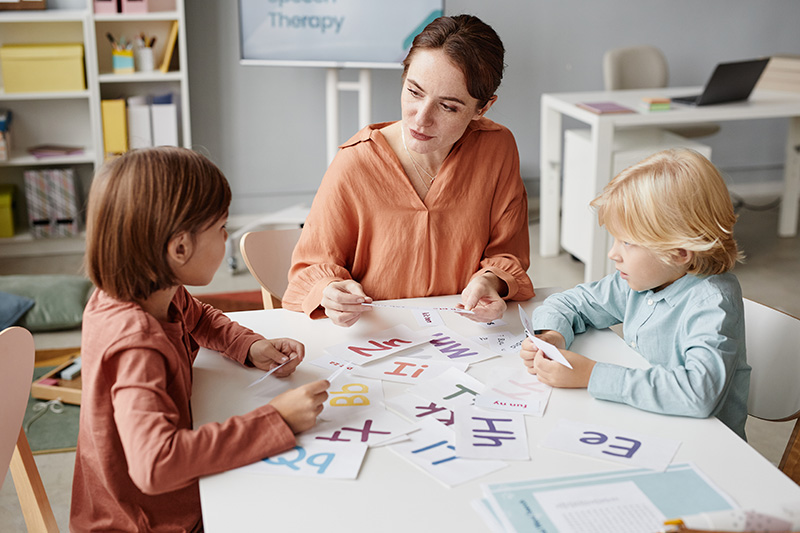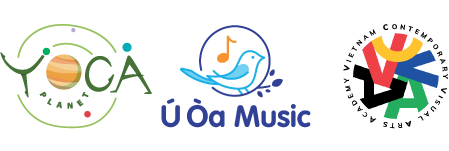REGGIO EMILIA APPROACH®

The Reggio Emilia Approach® was founded in the mid-19th century. The Reggio Emilia Approach® is an educational philosophy based on the image of a child with strong potential, able to learn hundreds of languages and develop relationships with those around them. Rooted in a child’s unlimited potential since birth, this approach covers each aspect of each child’s integral development. The Reggio Emilia® approach values the holistic development of each child by exploring their unlimited potential and 100 Languages. The Philosophy of the Reggio Emilia Approach®:
- Has taken root in more than 145 countries and territories around the world.
- Values a child’s integral development by exploring their unlimited potential.
- Contains in its philosophy ways of educating children that cover a variety of subjects and fields of study such as: science, mathematics, art, emotional development, community communication, imagination, personality, aesthetics, independence and many other necessary skills so that a child can mature with the full range of skills and abilities necessary for facing the future.
The Philosophy of the Reggio Emilia Approach®
Learning Program
Em Maison takes the new Preschool Education Program of the Ministry of Education and Training of Vietnam as a learning goal for our children. The entire teaching implementation process will be especially integrated with the Reggio Emilia Approach®.
The Department of Preschool Education has assessed the Reggio Emilia Approach® as a progressive and creative approach, in line with Vietnamese educational conditions, especially in line with the view of “”building child-centered preschools”” that are being implemented in Vietnamese educational institutions.
The compatibility of the Reggio Emilia Approach® creates unique value in its localization that is appropriate and compatible with the culture of the school and its children. Our children will be brought up in education in an international environment, which helps them to approach the changes of our times, in the natural world, and in the high demands on creative thinking that are required to respond to an ever-evolving future society.

English Program
Em Maison’s bilingual program is developed under the “”English Immersion”” method.
Each English lesson follows the monthly and weekly learning topics in the Vietnamese program and is integrated into fun activities that include lessons with native teachers.
In this way, our children absorb new languages naturally to become pro-active language learners which promotes their reflex skills. They will use English as a second language and easily absorb knowledge of other cultures at the same time.
DEVELOPMENT CREATIVE SUPPORT PROGRAM COMPREHENSIVE SOFT SKILLS
With the desire to build a learning environment that promotes the development of creative thinking and lifelong learning skills for preschoolers from the first level of education, the Embassy Education ecosystem has completed innovative educational projects. Create positive values and spread them to the most children and parents. The supplementary programs are part of the main curriculum and revolve around Em Maison’s monthly learning topics including: Yoga Storytelling, U OA Music, Visual Arts

 info.govap@emmaison.edu.vn
info.govap@emmaison.edu.vn 078 974 5100
078 974 5100